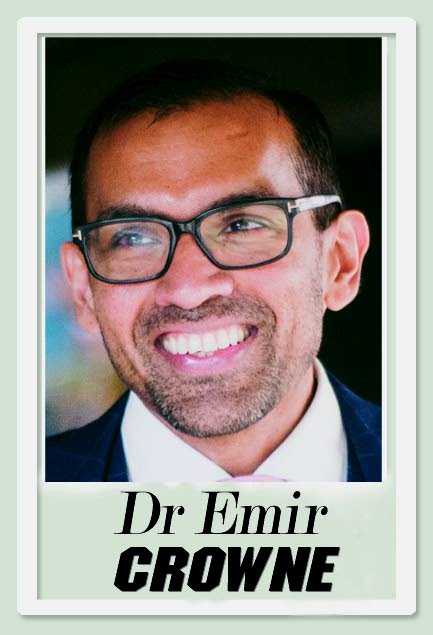Locked up in IDC

A TT citizen was detained for 159 days by the immigration authorities.
After what can only be described as an egregious breach of a citizen’s constitutional rights, Justice Ricky Rahim awarded over $300,000 in damages to the claimant.
The claimant was released from prison on July 13, 2015 and immediately arrested by local immigration authorities. He then spent a mind-numbing 159 days at the Immigration Detention Centre (IDC) in Aripo – which the court accepted as being “prison-like” – despite being a citizen. This bizarre state of affairs arose because the State’s immigration authorities claimed an inability to determine the citizenship of the claimant. This was despite the fact that the claimant had been issued a TT passport in 1976, renewed it on at least two occasions, and was issued a replacement passport around 1989.
According to the court: “The next note on the claimant’s information sheet was made some four months thereafter on December 1, 2015. Quite an alarming occurrence. There was absolutely no evidence from the defendant giving any explanation why there existed such an inordinate passage of time during which nothing was done in relation to the claimant who was detained by the State.”
The State then insincerely claimed that the claimant’s failure to provide documentary evidence establishing his citizenship must mean he “did not really want to be released or that he must have been hiding from someone after he spent his sentence in the prison, so that he failed to provide the Immigration Division with valuable information from the outset and provided same when he felt it safe for him to be released after disguising himself.”
That the State would cloak their inefficiency and constitutional abuses in this manner is appalling.
According to Justice Rahim, the suggestion that the claimant wanted to be detained “seems downright implausible and borders on the ridiculous.” Strong language to be sure, but entirely warranted. In fact, for the State even to advance such an outlandish proposition suggests that other detentions might be justified on equally flimsy grounds.
The unlawful detention of the claimant necessarily meant that several of his constitutional rights were infringed: his right to liberty, his right not be deprived of such liberty except by due process of law and his freedom of movement.
The court noted the shameful “prison-like” conditions that detainees face at the IDC, which include “at least one hour of airing per day” and numerous fights. The claimant was then awarded $250,000 for the general damage to his dignity, reputation and loss of liberty. As the court described it: “During the period of his detention, (the claimant) was given an orange uniform to wear and had restricted privileges such as one hour of airing per day and one phone call per week. He slept in a dormitory with 30 other persons. He gave evidence that during his period of detention, there were numerous fights at the IDC, a fire and at least one inmate was shot. He further gave evidence that on one occasion the IDC was locked down for over a week and he was given food through a hole in the cell door which was a very dehumanizing experience for him.”
However, the court did not stop there. Justice Rahim went further and awarded $30,000 in punitive damages. Punitive damages are rare and only awarded in the most exceptional of cases – the goal of which is to punish and deter wrongful conduct, as opposed to necessarily compensating the claimant. One of the limited grounds for awarding punitive damages includes “cases of oppressive, arbitrary or unconstitutional action by servants of the Government.” The court found that the “prison-like” conditions of the claimants were cumulatively arbitrary, oppressive and unconstitutional.
Added to these egregious constitutional breaches, and the basic inability of the State’s immigration authorities to determine the citizenship of one of their own, was the State’s failure to inform the claimant of his right to counsel: one of the most basic and widely-recognised rights. This, again, is perhaps evidence of the systemic denial of fundamental rights and liberties by the State’s immigration authorities. If these abuses can occur against this nation’s citizenry, one can only imagine the obstacles faced by asylum-seekers.


Comments
"Locked up in IDC"